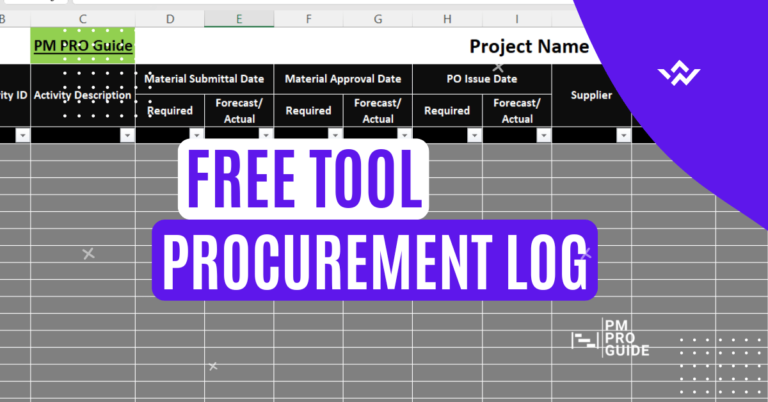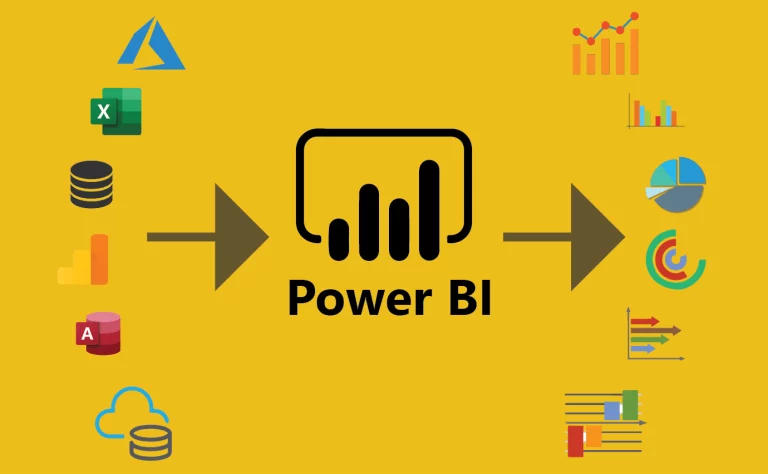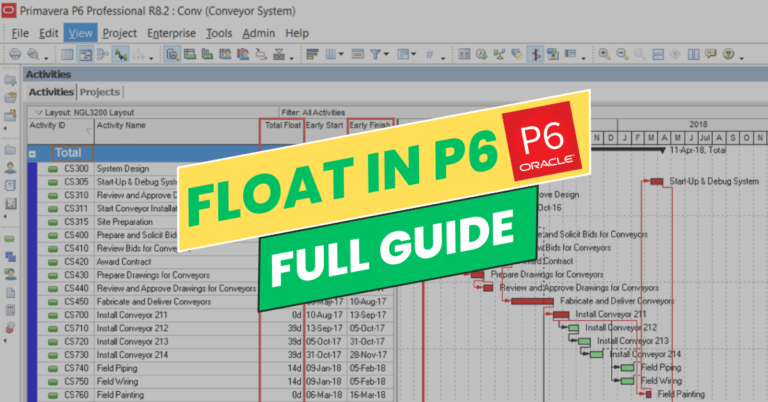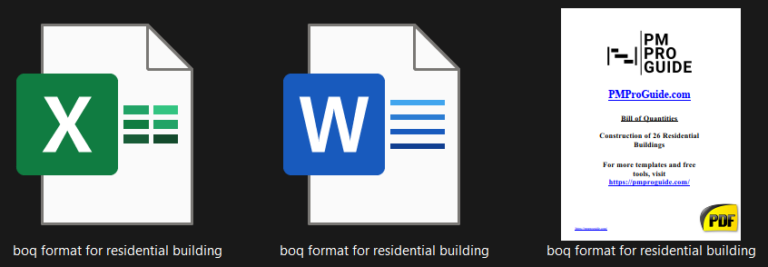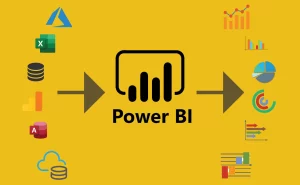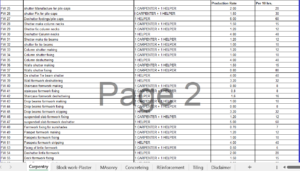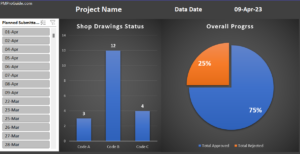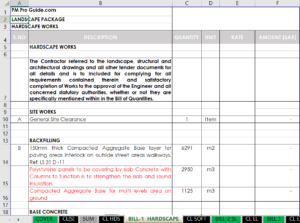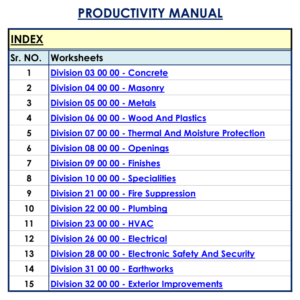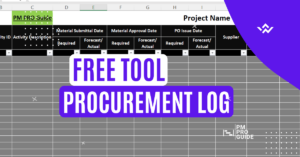A project control engineer plays a huge role in ensuring the success of large-scale projects by managing schedules, budgets, and resources effectively. Their expertise in monitoring and controlling project progress helps organizations meet objectives within defined timelines and budgets. Below is a detailed overview of the project control engineer job description, including responsibilities, required skills, and career insights.
Table of Contents
Core Responsibilities of a Project Control Engineer
The responsibilities of a project control engineer typically include:
1. Planning and Scheduling
- Developing detailed project schedules using tools like Primavera P6 and Microsoft Project.
- Establishing baselines and milestones to measure progress.
- Coordinating with project managers, engineers, and stakeholders to align schedules with project objectives.
2. Cost Management
- Preparing cost estimates and budgets.
- Monitoring expenditures and ensuring alignment with approved budgets.
- Analyzing variances and recommending corrective actions.
3. Progress Monitoring and Reporting
- Tracking project performance against schedules and budgets.
- Creating and maintaining dashboards and progress reports for stakeholders.
- Preparing earned value management (EVM) analyses to assess project health.
4. Risk Management
- Identifying potential risks and assessing their impact on project timelines and budgets.
- Developing mitigation strategies to address identified risks.
- Regularly updating risk registers and communicating concerns to stakeholders.
5. Quality Assurance
- Ensuring compliance with industry standards, contractual requirements, and best practices.
- Conducting audits to verify data accuracy and adherence to the project control framework.
Essential Skills and Qualifications
Educational Background
- A bachelor’s degree in engineering, construction management, or a related field is typically required.
- Advanced certifications like PMP (Project Management Professional), CCP (Certified Cost Professional), or PSP (Project Scheduling Professional) are advantageous.
Technical Skills
- Proficiency in project management software such as Primavera P6, MS Project, and SAP.
- Expertise in cost control tools like Excel, Oracle Primavera Cost Manager, or similar software.
- Familiarity with earned value management (EVM) techniques.
Soft Skills
- Strong analytical and problem-solving abilities.
- Excellent communication and interpersonal skills to coordinate with diverse teams.
- Attention to detail and a proactive approach to addressing challenges.
Industries Hiring Project Control Engineers
Project control engineers are in demand across various industries, including:
1. Construction and Infrastructure
Overseeing timelines and costs for large-scale buildings, bridges, and infrastructure projects.
2. Oil and Gas
Managing the complexities of refineries, pipelines, and offshore projects.
3. Renewable Energy
Ensuring successful implementation of solar, wind, and other sustainable energy projects.
4. Manufacturing and Industrial Projects
Coordinating schedules and costs for factory construction, equipment installation, and production line optimization.
Career Path and Advancement Opportunities
A career as a project control engineer can lead to senior roles such as:
- Project Manager: Overseeing entire projects from inception to completion.
- Cost Manager: Specializing in financial oversight for large-scale projects.
- Program Manager: Managing multiple interrelated projects within a portfolio.
Sample Job Description for a Project Control Engineer
Position: Project Control Engineer
Location: [City, Country]
Industry: [Construction/Oil and Gas/Infrastructure]
Job Responsibilities:
- Develop and maintain detailed project schedules and cost estimates.
- Monitor project performance using EVM and report on progress.
- Collaborate with cross-functional teams to ensure timely delivery of project milestones.
- Identify potential risks and implement mitigation plans.
- Prepare reports and dashboards for stakeholders, highlighting key metrics.
Qualifications:
- Bachelor’s degree in engineering or a related field.
- 3+ years of experience in project control or a similar role.
- Proficiency in Primavera P6, MS Project, and EVM techniques.
- Strong communication and organizational skills.
Preferred:
- PMP or PSP certification.
- Experience in [industry-specific projects, e.g., oil and gas or infrastructure].
How to Excel as a Project Control Engineer
- Master Planning Tools: Build expertise in Primavera P6, MS Project, and cost management software.
- Gain Industry Certifications: Certifications like PMP, PSP, or CCP enhance your credibility and career prospects.
- Stay Updated: Follow industry trends and technological advancements, such as the use of data analytics in project control.
- Enhance Communication Skills: Effective communication is critical when presenting progress and addressing challenges with stakeholders.
Conclusion
The role of a project control engineer is indispensable in ensuring the success of complex projects across industries. With a strong foundation in planning, cost management, and risk analysis, this career offers excellent opportunities for growth and professional fulfillment. Whether you’re entering the field or looking to advance, mastering the required skills and tools will position you for success in this dynamic profession.

